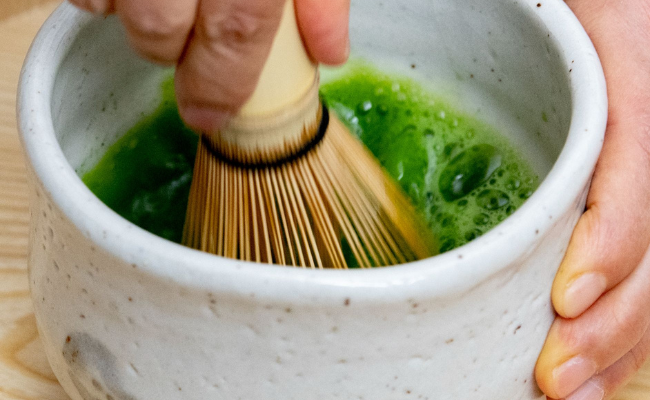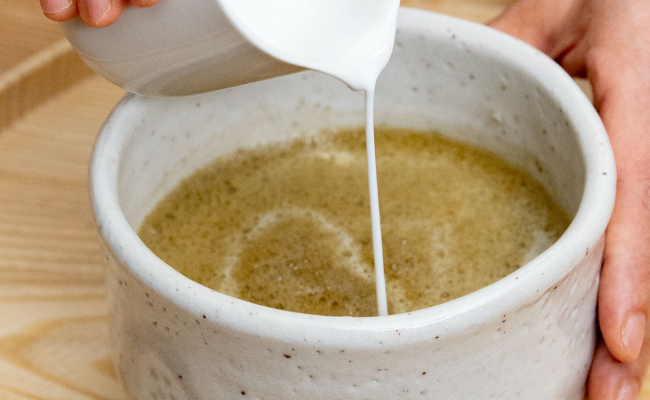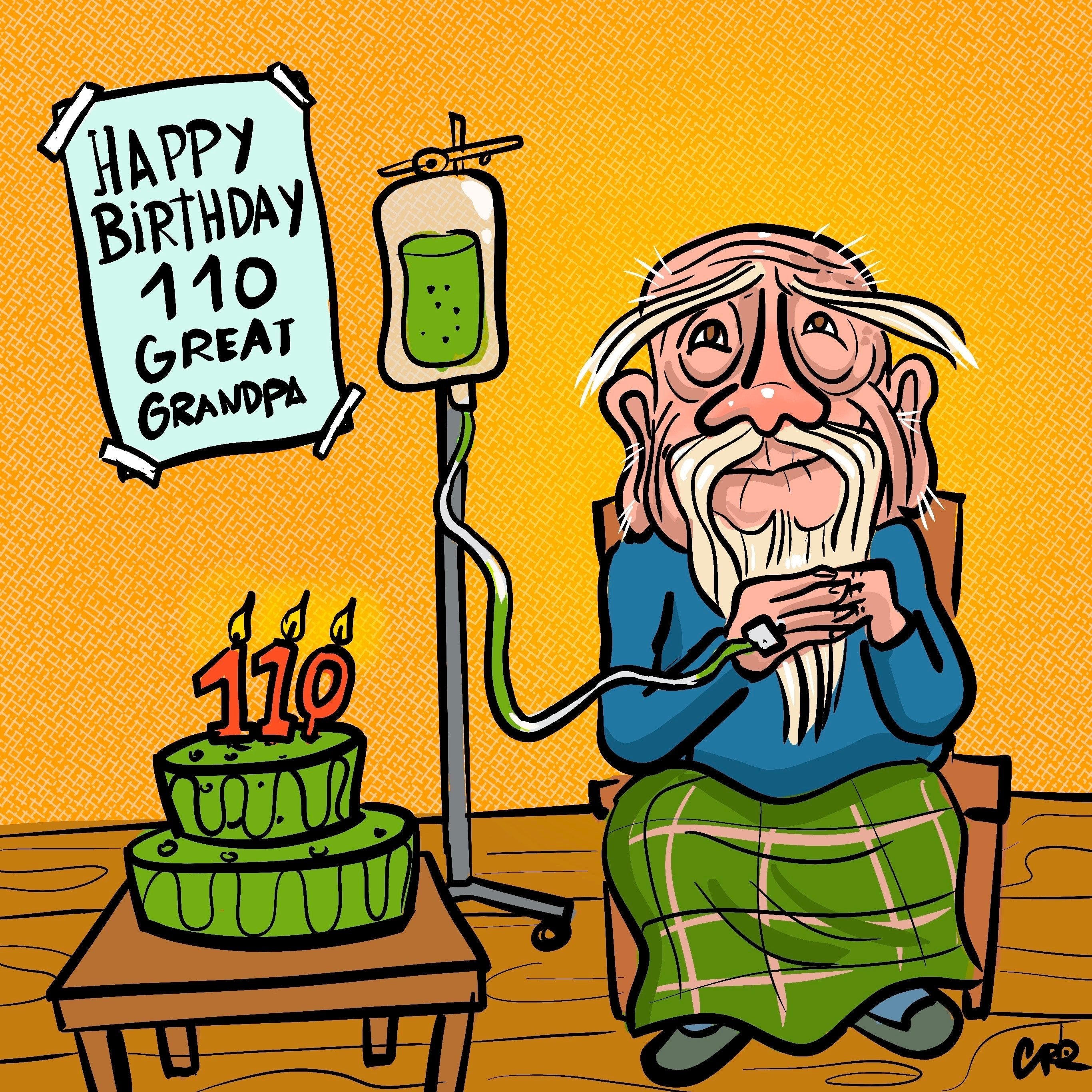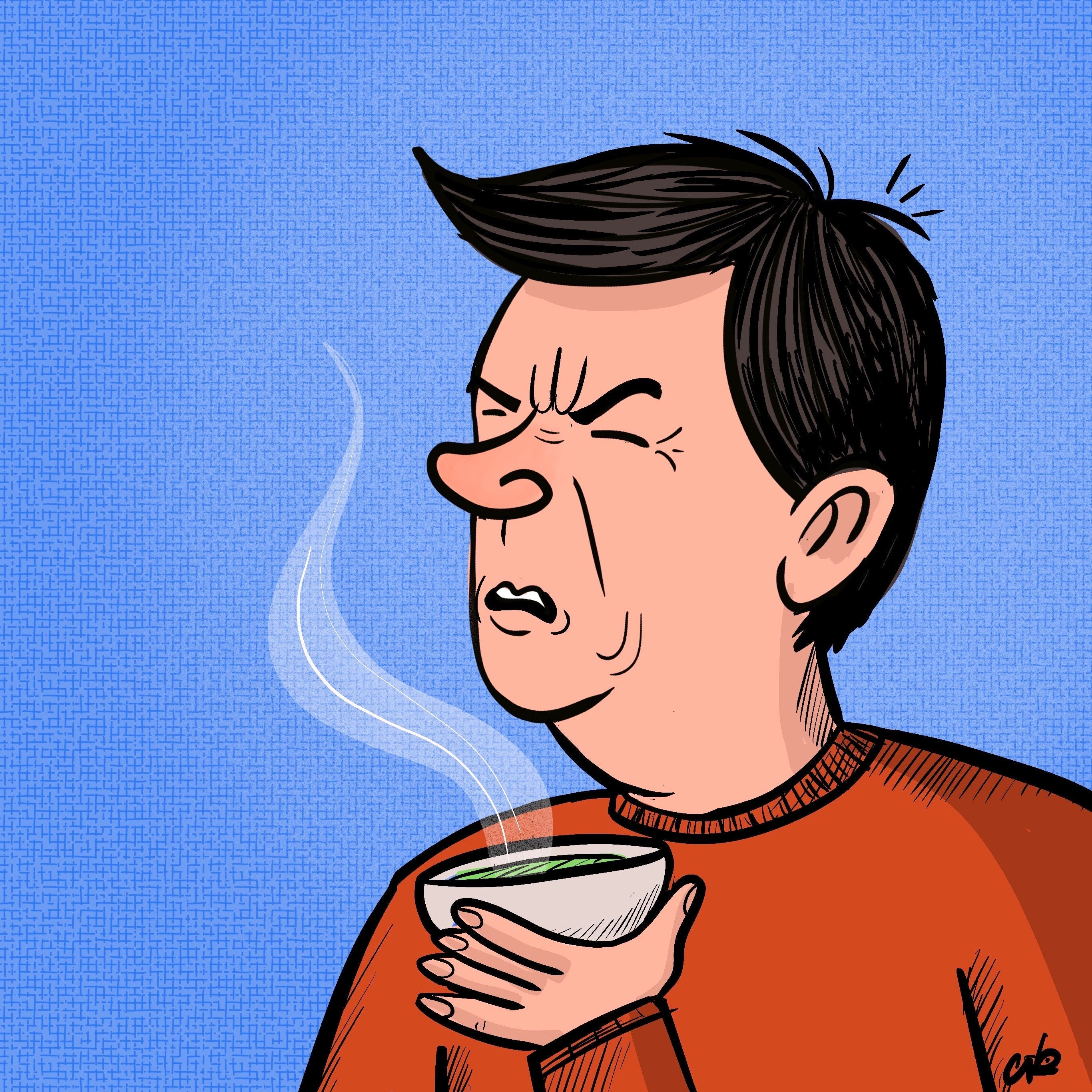Matcha Before Bed: The Surprising Secret to a Better Night's Sleep
Table of content
Can I drink Matcha tea before bed?
Yes! You can drink matcha before you go to bed at night.
It seems there is no match for matcha when it comes to a good night's sleep
It’s official - a couple of cups of green tea or matcha in the day is just the ticket for a trip to the land of Nod.
According to a recently published scientific study in the UK, just two cups of green tea or matcha a few hours before bed can improve sleep and reduce stress.
The report - Tea and Herbal Infusions, Psychological Stress, Anxiety & Sleep Health: A Systematic Review of Human Trials & Mechanistic Studies - was commissioned by the Tea Advisory Panel whose nutrition and wellbeing experts analyzed 33 different contemporary studies worldwide including eight human intervention trials.
What the authors found was that the quality, length, and efficiency of sleep, as well as the management of stress, was greatly aided by the consumption of green, black, or matcha tea a couple of hours before bed.
Not only Matcha! Other teas to drink before bed
Some herbal brews such as German Chamomile, Lavender, Rose, Jasmine, and Passionflower also showed positive sleep-enhancing results.
One in four adults gets fewer than the recommended 7-9 hours of sleep nightly, studies from the UK, USA, and the Netherlands examined by TAP for the report revealed.
Tossing and turning the most are women in their 40s, shown to have the shortest sleep durations and poor sleep efficiency - the ratio between trying to get to sleep and falling asleep. 50% of teenagers who took part in the studies slept less than the optimal 8-10 hours a night for their age group.
Dr. Tim Bond is one of the authors of the study. “Our research has found that a surprising number of different tea types can lower stress and lead to better sleep and relaxation,” he says. “Herbal tea infusions are probably better known for their calming properties, but studies also confirm that green teas have an effect at intakes of just two cups a day.”
Indeed, one of the studies on young adults included in the report, found that two daily cups of matcha green tea before bed significantly lowered anxiety.
And six weeks of black tea lowered stress hormone levels and increased relaxation in a group of men asked to perform stressful mental tasks. Great news for those people looking to bust stress and sleep troubles.
What are the actives in Matcha that aid sleep?
The active compounds in green tea, black tea, and matcha that aid meaningful and refreshing sleep include polyphenols, L-theanine, theaflavins, thearubigins, and gamma (γ) aminobutyric acid (GABA). L-theanine, an amino acid, and GABA have direct effects on the brain, helping to activate pathways that lower stress and create calm and relaxation. Green Tea is a fantastic natural source of L-theanine in our diet, Matcha, because you’re drinking the whole product in a powdered form, not just the steeped liquor.
What are the effects of poor sleep?
Disturbed and infrequent sleep can have some nasty side effects. Less than six hours of shut-eye has been shown to boost levels of C-reactive protein which indicates that the body is fighting inflammation. Levels of gamma-glutamyl transferase, a marker of liver damage, also rise by more than 10% after chronic poor sleep. “This could have serious health implications”, says TAP-affiliated physician Dr. Gill Jenkins.
She continues, “Studies show that sleeping less than seven hours a night is linked with increased risk of type 2 diabetes, obesity, hypertension, depression, and impaired immune function.” In the short term, poor-quality sleep affects cognitive and task performance heightens feelings of fatigue, and impedes decision-making. That’s why we ignore sleeping problems at our peril”.
Dr. Bond agrees “Stress and poor sleep can become a vicious cycle which seriously impacts mental performance and physical health.” But, reassuringly, lifestyle changes including tea drinking and sleep hygiene can make a difference. “
Our new review provides good evidence that even two cups of tea daily can aid sleep quality, relaxation, and bust stress due to the high concentrations of L-theanine and polyphenol compounds.
Incorporating two cups of matcha before bed and into our evening routines could make the difference between tossing and turning and getting some serious shut-eye”.
Check out our amazing range of polyphenol-packing Matcha, Green, and Black teas here.






